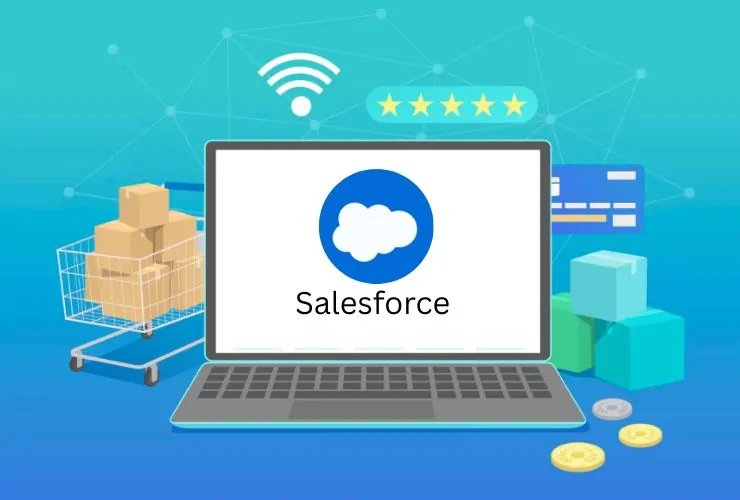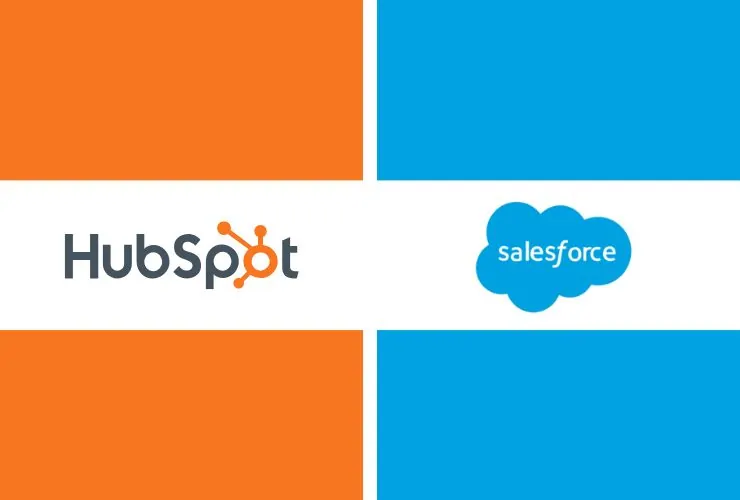In today’s competitive landscape, small businesses need to expand economically, develop customer relationships, and expand business without over-extending budgets. Against such background, Salesforce—the industry leader in Customer Relationship Management (CRM)—becomes an overwhelming force. Previously seen as best-fit technology for large business, Salesforce now boasts agile, scalable solutions specifically crafted to address the distinctive needs of small business. These kinds of solutions drive task automation, enhance customer touchpoints, and power growth.
Why Salesforce for Small Business?
Salesforce isn’t an enterprise CRM alone. Its custom and scalable architecture allows small business owners to free time from tasks, strengthen customer relationships, and realize the power of insight-driven decisions. Whatever you’re managing your sales pipeline, marketing efforts, or customer support, Salesforce brings these activities together in one platform, and sets productivity free.
1. Centralized Customer Data
Salesforce’s chief differentiator is the potential to consolidate all customer data on a workable platform. Small enterprises can put lengthy contact information, maintain communication history, monitor purchasing behaviors, and monitor customer service interactions in one platform. The integrated 360-degree view of the customer allows sales and support teams to tailor interactions, predict customer requirements, and build loyalty.
Benefits include:
- Improved customer service with individualized service
- Improved and more effective follow-ups
- Improved co-operation between support, marketing, and sales teams
2. Lead and Opportunity Management
Lead capture and lead nurturing are even more important for small businesses that need to grow. Salesforce captures leads automatically from many sources like email campaigns, web site contact forms, and social media sites. You can send leads automatically to the right sales reps, track their progress in real time, and coach prospects easily through the sales process.
Benefits are:
- Quicker response times to requests
- Improved lead-to-customer conversion rates
- Visible and easy-to-understand sales pipeline transparency
3. Sales Automation
Mundane admin work is what holds back small businesses from making the most of their time. Salesforce automates important sales processes like following up with follow-up emails, setting up appointments, and following up on deals so your sales teams can spend more time on what’s most important—building relationships and closing deals.
Advantages are:
- More productive teams
- Faster sales cycles
- Professional and consistent customer interactions
4. Personalized Marketing with Salesforce Marketing Cloud
A second significant feature is marketing automation that allows small enterprises to communicate with customers successfully. Salesforce Marketing Cloud offers the capabilities to target audience, build personalized email campaigns, and monitor the effectiveness of a campaign through robust analytics. This particular strategy assures delivering the right message to the right customer at the right moment, securing maximum engagement and return on investment.
Benefits are:
- Increased open and click-through rates for email
- Increased customer loyalty and retention
- Improved marketing budget allocation
5. Scalable Customer Support
High-quality customer service is the source of the success of small businesses. Salesforce Service Cloud is an elastic way of managing support requests across channels such as email, live chat, and social media. It can automatically handle tickets, direct high-priority issues first, and give support teams with the ability to close questions rapidly.
Benefits are:
- Improved customer satisfaction and loyalty
- Reduced average response and resolution times
- Improved and more efficient support processes
6. Real-Time Reporting and Analytics
Informed business decisions are based on data. Salesforce’s reports and dashboards, which are flexible according to the needs of small businesses, provide them with real-time data on the sales performance, customer behavior, marketing, and employee productivity. On the basis of these insights, business executives can make more accurate predictions, tap into opportunity for growth, and plan confidently.
Benefits are:
- Enhanced capability to forecast revenue and sales
- Data-driven decision-making through reliable data
- Heightened accountability across teams
7. Cheap and Flexible Pricing
Expenses are the bane of the largest scale for small companies. Salesforce retorts with flexible pricing plans that make it possible for companies to start with basics and then grow in scale as they grow. This ensures that small companies pay only for what they use, and therefore Salesforce is not expensive without sacrificing power and scalability.
8. AppExchange for Customization and Integration
Every small business is unique, and this is the reason that Salesforce’s AppExchange marketplace is a game-changer. It offers thousands of existing applications and integrations to allow businesses to customize their CRM environment with industry-specific or function-specific applications—accounting, inventory management, e-commerce, or marketing automation, to name only a few.
Conclusion
Salesforce is so much more than a CRM; it’s an end-to-end growth platform that’s meant to empower small businesses to compete and thrive. By weaving customer data, workflow automation, enhanced marketing, and intelligent insights together, Salesforce enables small teams to work like they have the power and complexity of much larger businesses. Whether you are planning to expand the customer base, improve service, or improve marketing performance, Salesforce has a future-proof range of capabilities that expands with your plans and enables you to expand sustainably.












